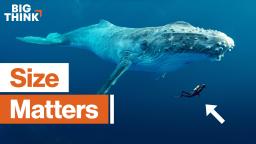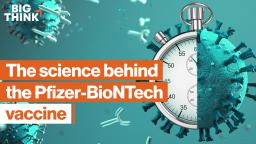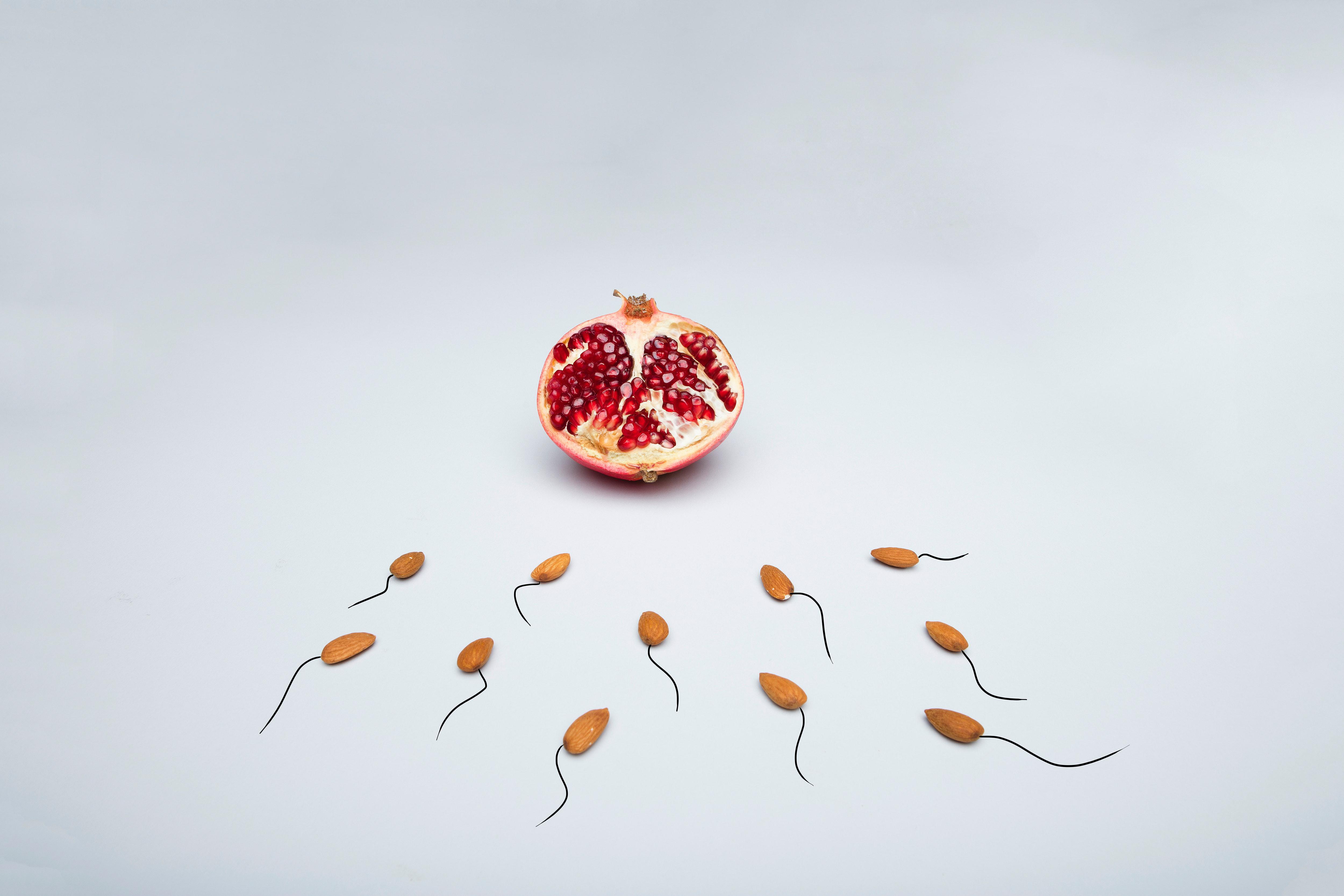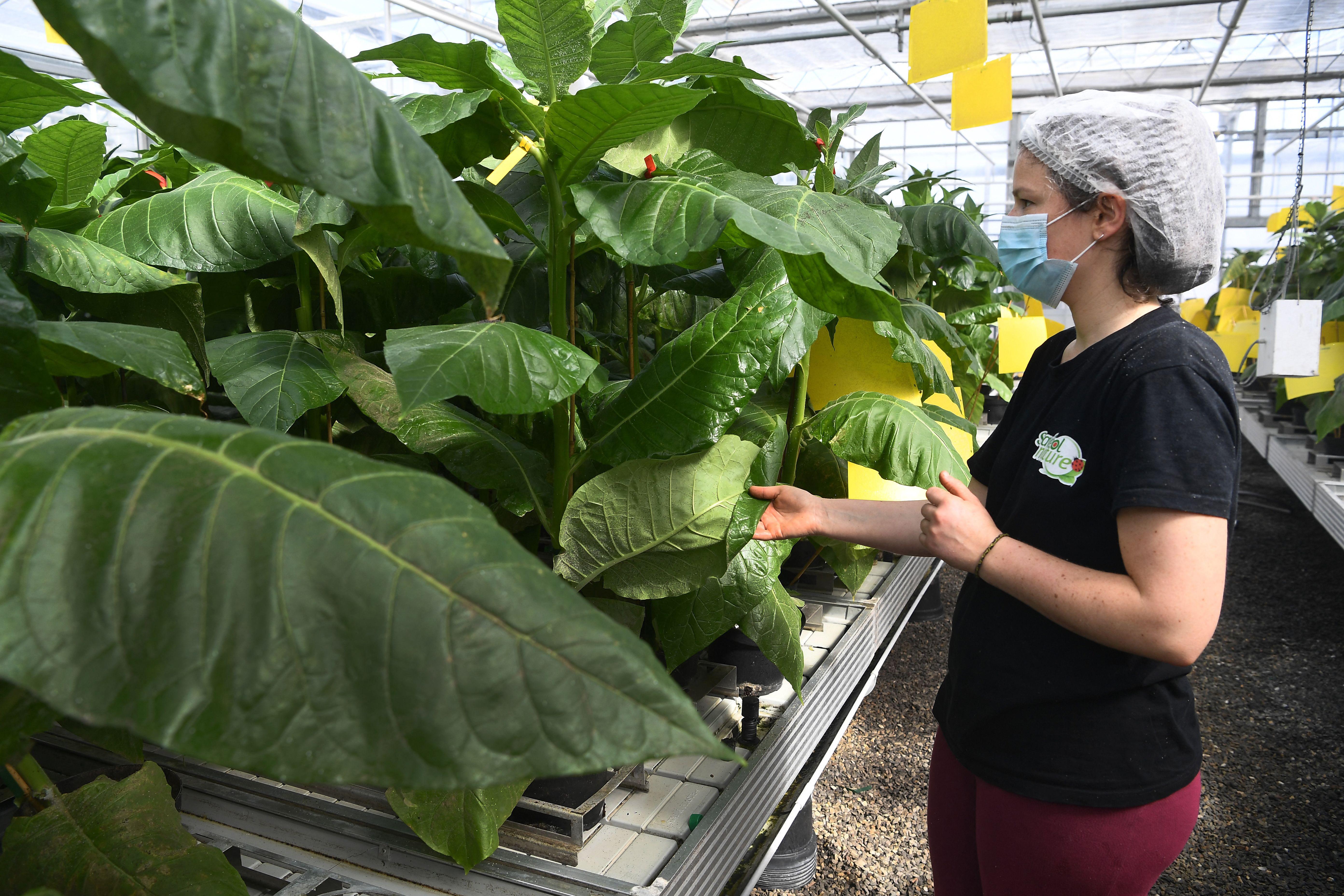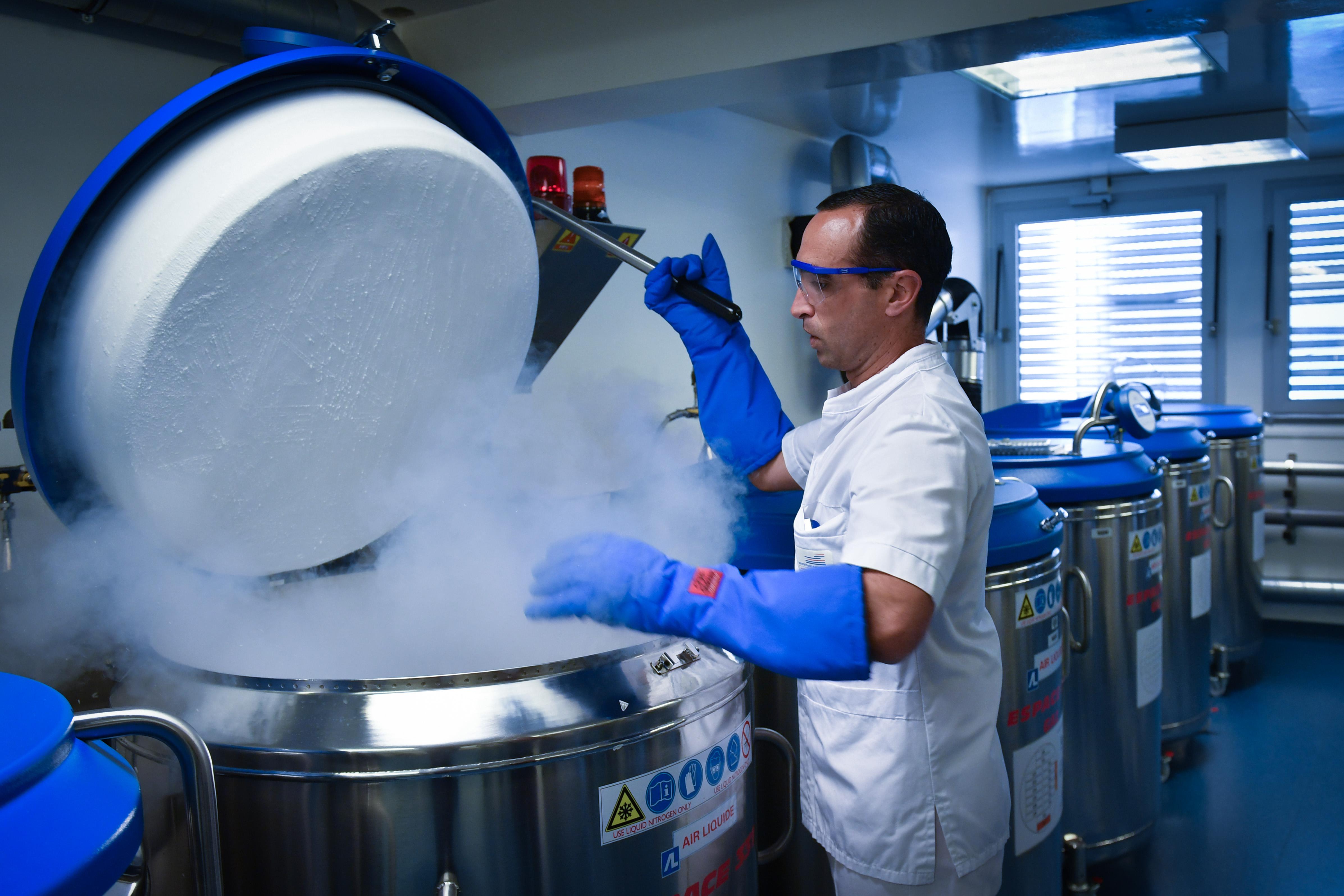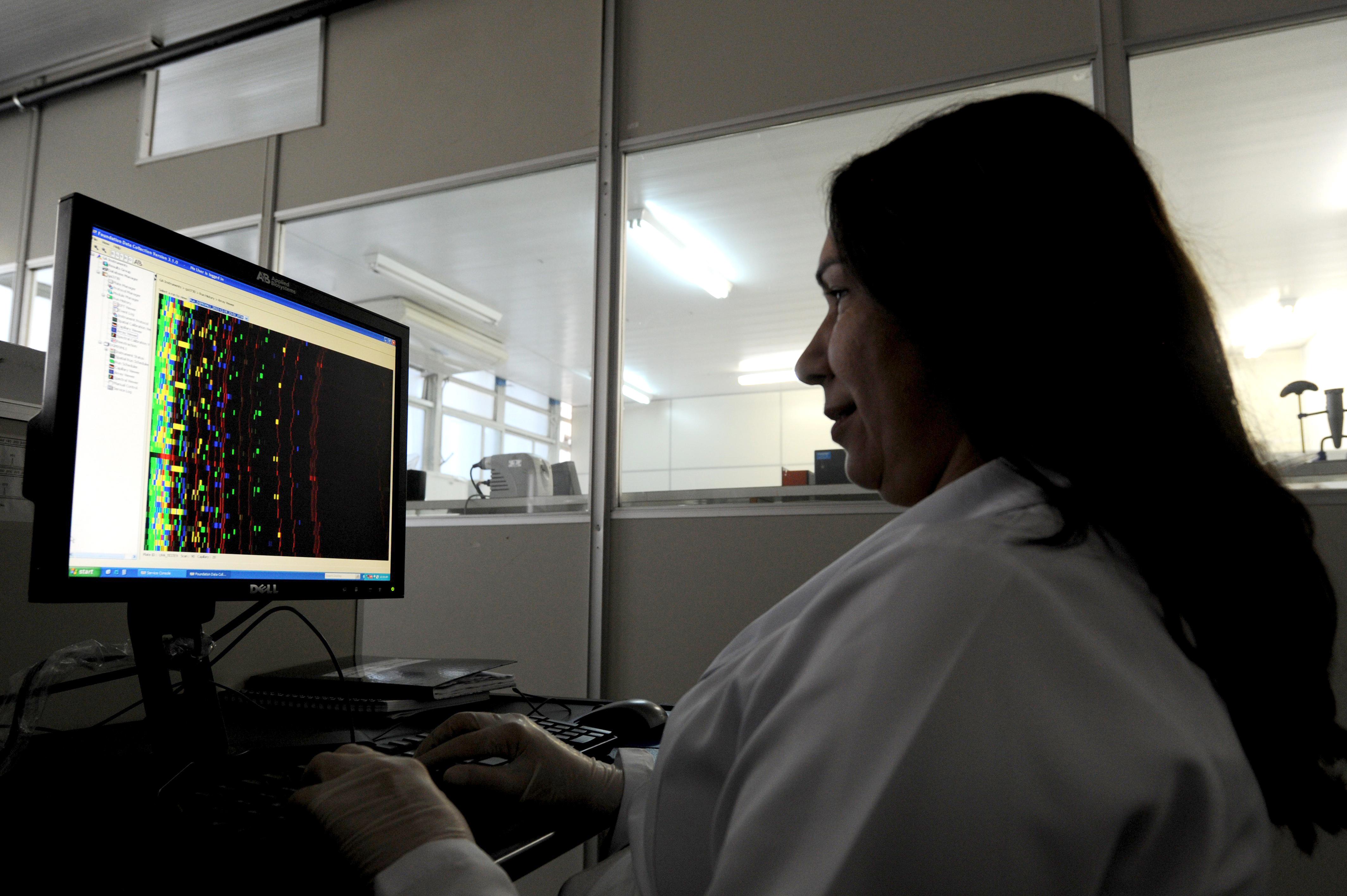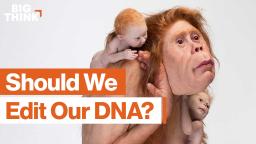Health
All Stories
Alzheimer’s has proved difficult to treat. But solving the mystery of this ultra-rare frontotemporal dementia may unlock new understanding.
Theoretical physicist Geoffrey West explains the science behind a unique hypothesis.
Humans could, in theory, one day use scaling laws to extend our lifespans.
▸
7 min
—
with
Antisense oligonucleotide therapy uses small molecules to alter RNA. Researchers have now used those molecules to alleviate a genetic form of blindness.
A team of biohackers is on a David-versus-Goliath mission to make insulin affordable to an increasing number of diabetics.
New research shines a light on the genetics of sudden cardiac deaths.
A new device cured the hiccups 92 percent of the time in a recent study involving more than 200 participants.
How were mRNA vaccines developed? Pfizer’s Dr Bill Gruber explains the science behind this record-breaking achievement and how it was developed without compromising safety.
▸
7 min
—
with
Dealing with rudeness can nudge you toward cognitive errors.
Israeli food-tech company DouxMatok (Hebrew for “double sweet”) has created a sugary product that uses 40 percent less actual sugar yet still tastes sweet.
She helped create CRISPR, a gene-editing technology that is changing the way we treat genetic diseases and even how we produce food.
As the American population grows, fewer people will die of cancer.
A new study suggests that reports of the impending infertility of the human male are greatly exaggerated.
An early feasibility study finds a potential new treatment for Alzheimer’s disease.
Vaccines can be grown in and extracted from the leaves of plants.
Engineered immune cells have prevented Type 1 diabetes in mice.
Many thousands of different genetic variants are responsible for complex behavior.
The tiny swimmers appear to transmit signals that “persuade” the female body to have a baby.
Can the main psychoactive ingredient of magic mushrooms help treat the world’s sixth most debilitating illness?
“The question is which are okay, which are not okay.”
▸
14 min
—
with
Want to live 100+ years? You may need unusually good DNA repair.
Noise causes stress. For our ancestors, it meant danger: thunder, animal roars, war cries, triggering a ‘fight or run’ reaction.
New machine-learning algorithms from Columbia University detect cognitive impairment in older drivers.
In the near-term, gene editing is not likely to be useful. Even in the long-term, it may not be very practical.
For every good idea in evolution, there is an unintended consequence. Disease is often one of them.
Healthy people need healthy microbiomes from an early age.
A lab identifies which genes are linked to abnormal repetitive behaviors found in addiction and schizophrenia.



